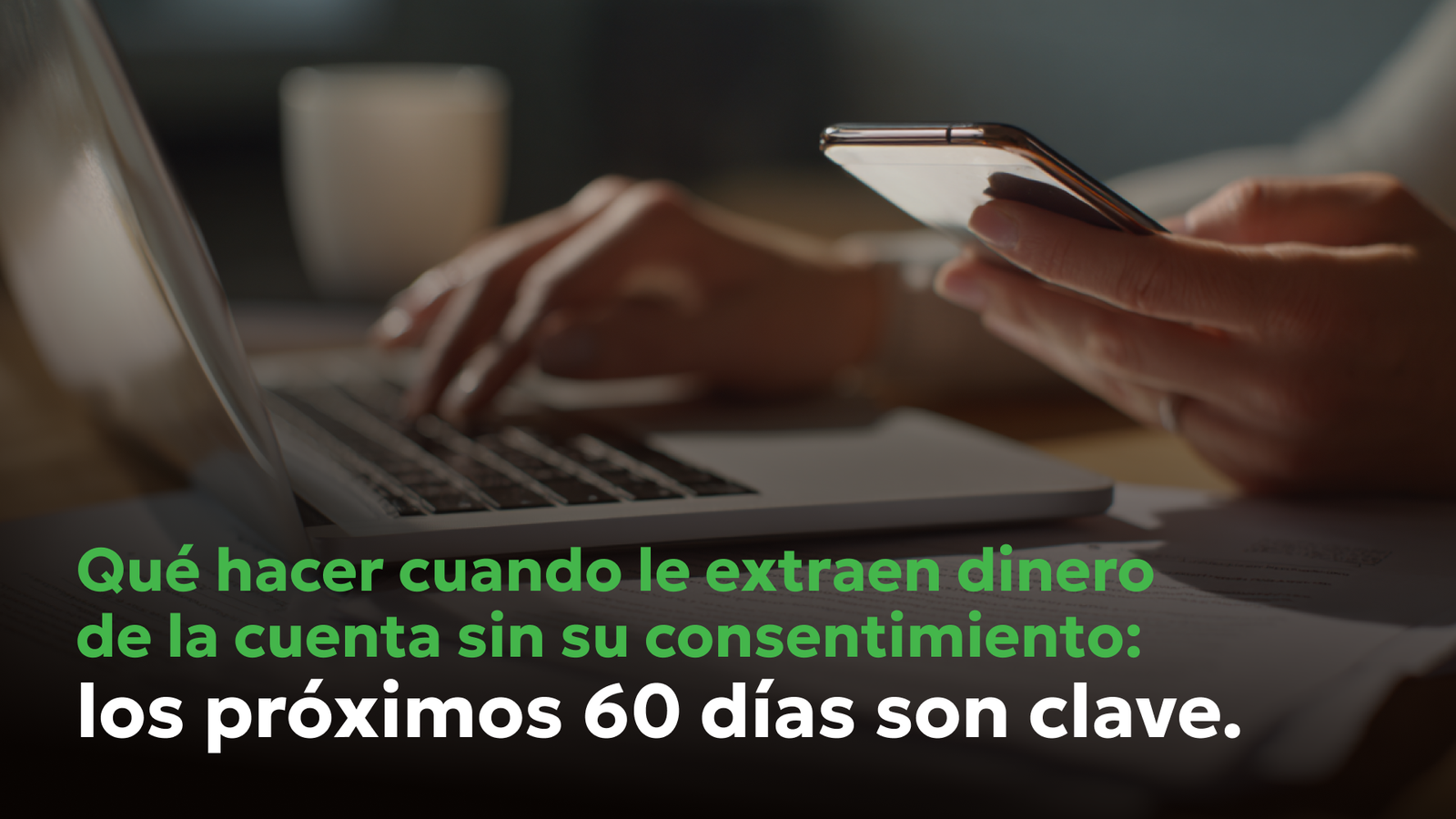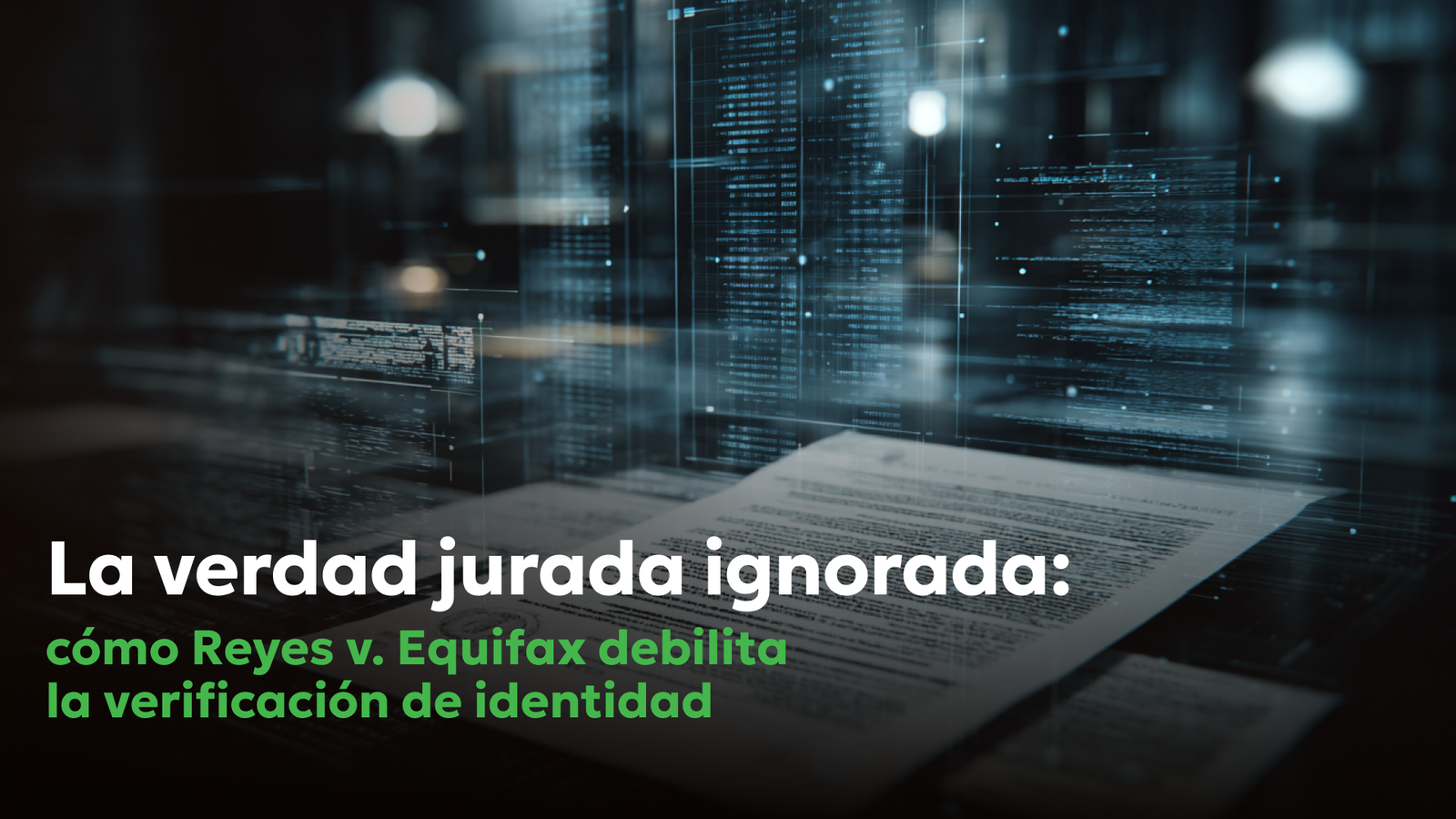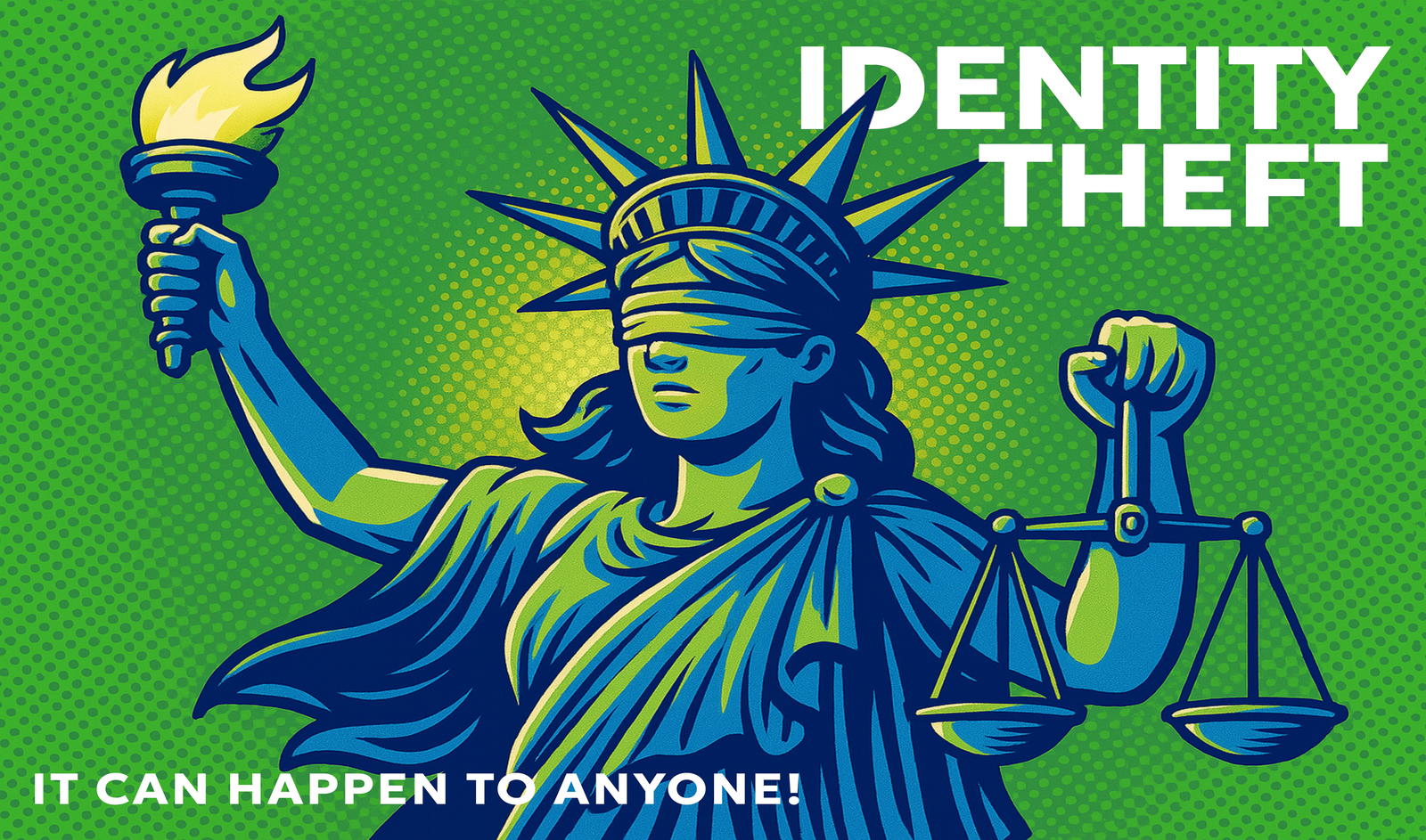¿Qué debo hacer si pierdo mi tarjeta de Seguro Social?
- Blog
- Robo de Identidad en Informe de Crédito
¿Qué debo hacer si pierdo mi tarjeta de Seguro Social?

Perder su tarjeta de Seguro Social supone muchos riesgos financieros
¿Perdió su tarjeta de Seguro Social? Hay cosas que puede hacer para conseguir una nueva y asegurarse de que su crédito no se vea perjudicado.
Una tarjeta de Seguro Social se utiliza para probar su identidad y contiene su número de Seguro Social asignado. Ha demostrado ser una de las formas más fiables de identificación de los ciudadanos en los EE. UU. De hecho, es tan importante que no debe llevarlo consigo a menos que lo necesite por alguna razón en particular ese día.
Llevar consigo una tarjeta del Seguro Social supone el riesgo de que se la roben o la pierda. Si su tarjeta termina en las manos equivocadas, podría enfrentarse con un terrible caso de fraude crediticio y robo de identidad.
Como abogados de fraude de identidad, nuestro equipo legal en Consumer Attorneys ha visto y oído de todo durante nuestros setenta y cinco años de experiencia combinada. Si descubre que la pérdida de su tarjeta del Seguro Social se convierte en un robo de identidad o fraude de crédito, entonces prepárese para consultar a un abogado de inmediato. En Consumer Attorneys, las consultas son siempre gratuitas.
A continuación, le sugerimos lo que debe hacer si pierde su tarjeta de Seguro Social:
1. Solicitar una tarjeta de reemplazo
Aunque pierda su tarjeta de Seguro Social, no está perdida toda la esperanza. Puede conseguir otra. No necesita pagarle a nadie para obtener una nueva tarjeta de Seguro Social.
La Administración del Seguro Social permite el reemplazo gratuito de tarjetas y las personas reciben 10 reemplazos a lo largo de su vida, con un máximo de tres por año. La Administración del Seguro Social dispone de una aplicación en línea para solicitar una tarjeta de reemplazo. Para poder aplicar, su solicitud debe cumplir las siguientes condiciones:
- Debe ser ciudadano estadounidense mayor de 18 años.
- Debe tener una dirección postal.
- La solicitud no es para un cambio de nombre o cualquier otra información en su tarjeta.
- Debe tener una licencia de conducir o una tarjeta de identificación de un estado participante.
Hay situaciones en las que no puede solicitar en línea una tarjeta de reemplazo. Si no se encuentra en un estado participante, o tiene alertas de fraude o un congelamiento de crédito, no puede presentar una solicitud en línea.
En estos casos, debe presentar la solicitud en su oficina local del Seguro Social y proporcionar los documentos necesarios para demostrar su edad e identidad. Una vez procesada su solicitud, tardará de 10 a 14 días laborales recibir su nueva tarjeta.
2. Utilizar un servicio de alerta de fraude, un congelamiento de seguridad o un servicio de protección contra el robo de identidad
Las alertas de fraude, que son gratuitas, suelen durar un año y son renovables. Al colocar una alerta de fraude, los acreedores potenciales deberán comunicarse con usted antes de otorgar un nuevo crédito. El propósito de esto es garantizar que usted realmente solicitó el nuevo producto de crédito, no alguien que robó su información.
También es útil emplear un congelamiento de seguridad. Los congelamientos de seguridad impiden que los delincuentes soliciten nuevos créditos y abran nuevas cuentas usando su identidad. Es obligatorio levantar el congelamiento cada vez que se solicita un crédito, y el congelamiento solo puede ser levantado por usted.
Puede colocar, levantar y quitar los congelamientos de seguridad tantas veces cuantas sean necesarias. Afortunadamente, es gratuito.
Los servicios de robo de identidad garantizan el monitoreo de su crédito las 24 horas del día para mantener a las partes malintencionadas alejadas de su información y crédito.
3. Monitorear sus informes de crédito
No está de más que vigile su informe crediticio. Esto lo protege de las acciones no autorizadas que se lleven a cabo en su nombre en su crédito. Esté atento a cuentas nuevas, cambios no autorizados en cuentas antiguas, cambios en los datos y consultas de los acreedores con los que no se ha comunicado.
La buena noticia es que monitorear su informe crediticio no es una tarea complicada. Las tres mayores agencias de informes crediticios están obligadas por ley a proporcionarle un informe crediticio anual gratuito. Sin embargo, en un intento por combatir el aumento en el robo de identidad y el fraude crediticio, las oficinas se comprometieron a hacer que los informes crediticios gratuitos estén disponibles semanalmente para los consumidores hasta el 2022.
4. Presentar una reclamación ante las autoridades pertinentes
Si pierde su tarjeta de Seguro Social, debe informarlo a las autoridades pertinentes para controlar el daño. Estas instituciones incluyen la Administración del Seguro Social (www.ssa.gov), el Buró Federal de Investigaciones (www.fbi.gov), Comisión Federal de Comercio (www.ftc.gov), y Servicio de Impuestos Internos (www.irs.gov)
Tomar medidas inmediatas cuando descubra que ha perdido su tarjeta de Seguro Social puede salvarlo de los riesgos de robo de identidad y proteger su crédito. Si se ve afectado por estos problemas, comuníquese con nosotros de inmediato.


Daniel Cohen es el fundador de Consumer Attorneys. Daniel gestiona los esfuerzos de branding, marketing, captación de clientes y desarrollo de negocio de la firma. Desde 2017 es miembro de la Asociación Nacional de Defensores del Consumidor y del Centro Nacional de Derecho del Consumidor. Es reconocido nacionalmente en la protección de los consumid... Leer más
Artículos relacionados




R
ES™Usted no asume ningún gasto. La ley exige que ellos paguen.






